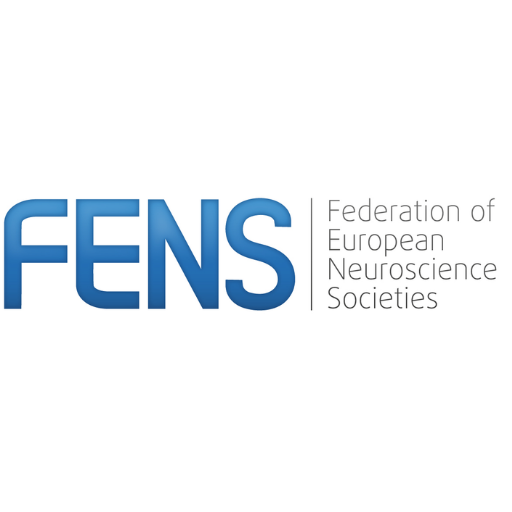Computational Neuroscience
11-31 August 2019, Champalimaud Centre for the Unknown, Portugal
Computational Neuroscience is a rapidly evolving field whose methods and techniques are critical for understanding and modelling the brain, and also for designing and interpreting experiments. Mathematical modeling is an essential tool to cut through the vast complexity of neurobiological systems and their many interacting elements.
The course teaches the central ideas, methods, and practices of modern computational neuroscience through a combination of lectures and hands-on project work. During the course’s mornings, distinguished international faculty deliver lectures on topics across the entire breadth of experimental and computational neuroscience. For the remainder of the time, students work on research projects in teams of 2 to 3 people under close supervision of expert tutors and faculty. Research projects are proposed by faculty before the course, and include the modeling of neurons, neural systems, and behaviour, the analysis of state-of-the-art neural data (behavioural data, multi-electrode recordings, calcium imaging data, connectomics data, etc.), and the development of theories to explain experimental observations.
This course is designed for graduate students and postdoctoral fellows from a variety of disciplines, including neuroscience, physics, electrical engineering, computer science, mathematics and psychology. Students are expected to have a keen interest and basic background in neurobiology, a solid foundation in mathematics, as well as some computing experience. A four-day pre-school in mathematics and programming is offered for students that want to catch up on their math and programming skills.
Pre-school on Programming and Mathematics (6-9 August 2019)
The main course ‘Computational Neuroscience’ is aimed at students with a biological/experimental background (“experimentalists”) and with a quantitative background (“theorists”). Two of the primary objectives of the course are to help students cross the traditional discipline boundaries that most are still trained in, and to get experimentalists and theorists to collaborate on a research project.
As a consequence, the experimentalists will have to improve their level of mathematics and programming skills; and the theorists, their level of (neuro-)biology. To level the playing field, we wish to offer a pre-school to teach students with little or no programming skills the basics of modern programming languages (e.g., MATLAB or Python). Please find more information on the pre-school on the Cajal Couse in Computational Neuroscience local website.
Please note that the Pre-school is not included in the main course tuition fee and therefore, an extra fee applies.
For further information on the course programme, instructors and techniques go to the course local website.
Registration
Applications will open in January 2019.
Fee : 2.500 € (includes tuition fee, accommodation and meals)
Pre-school fee: TBC
The CAJAL programme offers 4 stipends per course (waived registration fee, not including travel expenses). Please apply through the course online application form. In order to identify candidates in real need of a stipend, any grant applicant is encouraged to first request funds from their lab, institution or government.
Kindly note that if you benefited from a Cajal stipend in the past, you are no longer eligible to receive this kind of funding. However other types of funding (such as partial travel grants from sponsors) might be made available after the participants selection process, depending on the course.
If you are a member of the Japan Neuroscience Society (JNS), please check the application call for partial grants on the JNS website. Deadline 22 January 2019.
If you are a member of the Australasian Neuroscience Society (ANS), partial grants are available. To be considered for funding, please indicate that you are a member inside the course application form in the stipend section.
Venue
Champalimaud Centre for the Unknown, Portugal
For more information click "LINK TO ORIGINAL" below.
This opportunity has expired. It was originally published here:
https://www.fens.org/Training/CAJAL-programme/CAJAL-courses-2019/CCCN2019/
